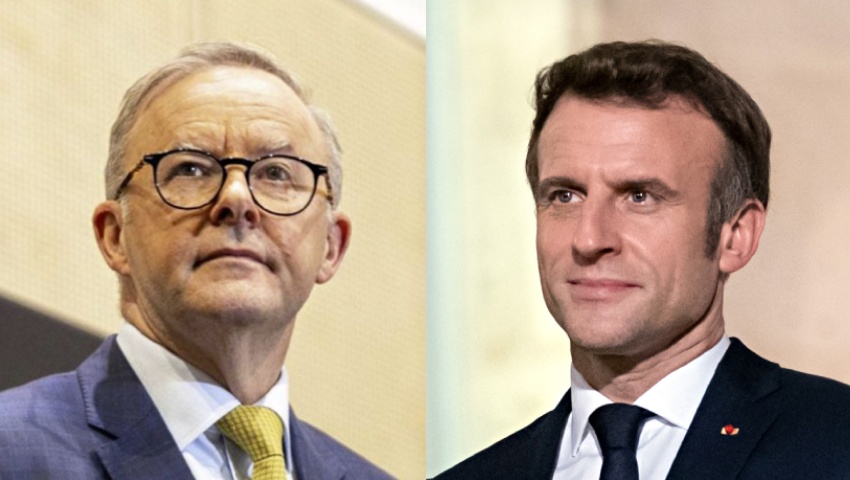Renewing support for NATO’s response to Russian aggression and mending France’s AUKUS-induced wounds will be at the core of the Prime Minister’s latest security push.
Prime Minister Anthony Albanese has arrived in Europe for the NATO Leaders’ Summit in Madrid, which Australia has been invited to attend as an Enhanced Opportunities Partner, given its strong military and non-military support for Ukraine’s resistance to the Russian invasion.
In addition to addressing joint efforts to support Ukraine’s defence of its sovereignty, the leaders are expected to discuss strategic priorities for NATO engagement in the Indo-Pacific.
“I look forward to attending the NATO Leaders’ Summit. It could not come at a more critical time,” Prime Minister Albanese said ahead of the visit.
“I look forward to engaging on the strategic priorities for our region.
“Australia has been unequivocal in its support for Ukraine and its condemnation of President Putin. We will continue to stand up for freedom and democracy.”
After meeting with NATO members, Prime Minister Albanese will fly to Paris for bilateral talks at the invitation of French President Emmanuel Macron.
The meeting aims to reset relations marred by the former Morrison government’s decision to terminate French shipbuilder Naval Group’s former $90 billion SEA1000 contract to deliver 12 diesel-powered Attack Class submarines to the Royal Australian Navy.
The deal was scrapped in favour of a nuclear-powered submarine alternative promised under the AUKUS agreement, which received bipartisan support.
President Macron temporarily withdrew ambassadors from Canberra in protest of the Commonwealth government’s decision but is now open to rekindling ties after a €555 million (AU$830 million) settlement was reached between Canberra and Naval Group.
“France is an important partner and friend to Australia, particularly in our shared vision for peace and stability in the Pacific,” Prime Minister Albanese said.
Progress has been made in the review process for Australia’s future nuclear-powered submarine fleet.
Dr Kurt Campbell, the Biden administration’s National Security Council coordinator for the Indo-Pacific, recently hinted an announcement was imminent.
“Watch this space,” he said.
“I think we’ve made, behind the scenes, remarkable progress in areas associated with technology, where not only the three countries are deeply engaged but other partners are also supporting working groups.
“We will have more to say, shortly, with regard to the submarine initiative.”
The United Kingdom’s Astute Class vessel and the US’ Virginia Class platform are currently under consideration by the Commonwealth government’s Nuclear-Powered Submarine Taskforce to replace the Royal Australian Navy’s Collins Class fleet.
The taskforce’s considerations include requirements for design, construction, maintenance, infrastructure, industry capacity, nuclear safety, environmental protection, crewing and training.
The taskforce will also advise on building timeframes, costs and supply needs.
[Related: Australia, India target bolder military, defence industry ties]


